Table of Contents[Hide][Show]
Yes, they make your products smell delightful, but if you could see how synthetic fragrances were made, you’d be less likely to be impressed. One fragrance in one personal care product—say, your bodywash—can consist of as many as 200 chemicals combined to come up with that particular scent.
Problem is, there’s no way to know what those chemicals are. On the ingredient list, you’ll read only the word “fragrance.” Why?
I posted about this topic in an earlier post, but wanted to revisit it again because so many of our personal care products are full of these unknown “fragrance” chemicals. Those of you with asthma, chemical sensitivities, and other respiratory problems will really notice a difference if you can get rid of most of the chemical fragrances in your house.
What are Synthetic Fragrances?
Synthetic fragrances are mixtures of various chemicals that produce a desired scent. Labs across the country are constantly experimenting with new mixtures of various chemicals to come up with just the right sensation. These people know what they’re doing. How a touch of this chemical will make something smell a little more floral, while a touch of that one will make it smell a little more clean. The fragrances in your products are the pride of chemists, but for you, they can potentially cause skin irritation, headaches, dizziness, and rashes.
Here’s something else to add to the “ew” factor. A 1986 report by the National Academy of Sciences noted that 95 percent of chemicals used in synthetic fragrances are derived from petroleum (yep, crude oil) and include benzene derivatives (carcinogenic), aldehydes, toluene, and many other known toxic chemicals linked to cancer, birth defects, central nervous system disorders and allergic reactions. A 2001 study by the Environmental Protection Agency (EPA) found that synthetic fragrances were often shown to contain hormone disruptors linked to abnormal cell reproduction.
One of the toxic ingredients in fragrances, by the way, is often phthalates, which you can read more about here.
Why do Manufacturers Use Synthetic Fragrance?
Businesses are after profits, and scents produced by chemicals are much cheaper than scents produced naturally. Moisturizers, cleansers, body washes, shampoos, conditioners, soaps, deodorants, and even candles are often artificially scented. The idea is to make you “think” you’re getting something luxurious, when really you’re getting something potentially irritating, at best. Worse, manufacturers create these fragrances to be long lasting, so the chemicals don’t break down easily, remaining on skin and clothing. In fact, these fragrances are becoming so pervasive in our world that a Norway study found synthetic musk fragrance compounds in outdoor air, even in a remote area.
How do companies get away with keeping us in the dark as to the ingredients used to make their fragrances? They’re fragrances are protected as “trade-secret”—with formulas only they are allowed to know. That leaves the lowly little customer out. And no one’s telling them they have to do otherwise. Certainly not the FDA.
How to Avoid Synthetic Fragrances
Fortunately, if you read labels, you can easily avoid synthetic fragrances. Follow these tips, and choose brands that employ natural methods for creating scent in their products. By the way, Annmarie Gianni Skin Care uses no synthetic fragrances—only natural scents from essential oils.
- Choose only “unscented” and “fragrance-free” products—but read labels carefully, as some products use other chemicals to mask scent to create the “unscented” experience
- Avoid those products that list “fragrance” in the ingredient list
- Shop at whole foods stores and on the internet for brands that are more conscious about the fragrances they’re using—this is the best way to avoid synthetic fragrances in your personal care products
- Look for scents that are naturally derived or plant-based
- Certified Organic products do not have synthetic fragrances
Do you avoid synthetic fragrances? Please share any other tips you may have.
* * *
Photo courtesy misteraitch via Flickr.com.
Source
“Fragrances are Not Just Pleasant Odors…,” Environmental Health Coalition of Western Massachusetts.
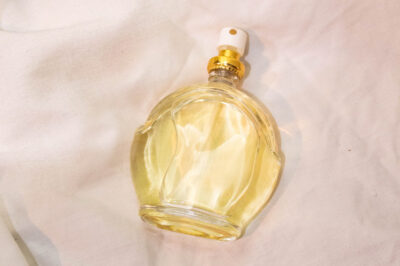

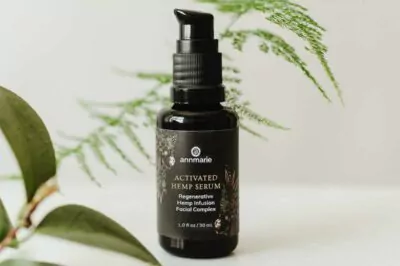

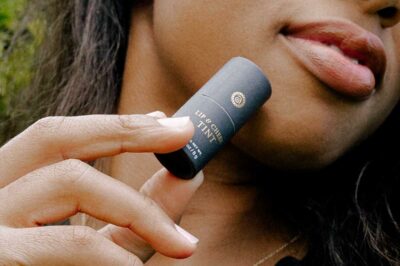
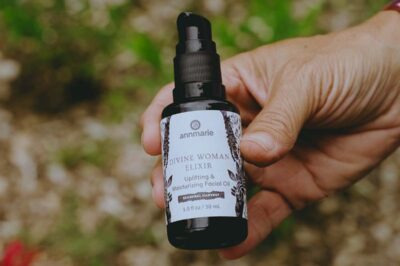
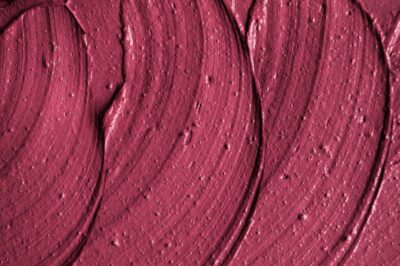
Hi there, just wondering if you were able to find a more recent article that reviews the chemical ingredients in fragrance oils. The national report you referenced is from 1986 – 30 years ago, and I know there have been changes made to laws since then about the chemical ingredients in frangrances. Anyway, I think your post is really informative and would love to see some more recent information included!
i want to manufacture a very good perfume and i need to get a good quality chemical ingredients used in making perfume and a mixing ratio
[…] report by the National Academy of Sciences found that about 95 percent of these synthetic ingredients are derived from petroleum which is hardly environmentally friendly. Even worse is that many of these synthetics contain […]
Do you have unscented products?
I agree that we must beware of synthetics, but not with misinformation. To suggest petroleum derivatives are the same as crude oil is disinformation. Additionally to suggest that essential oils are completely safe and more suitable for those plagued with allergies and ailments is also disinformation. Many essential oils can be adulterated, containing many of the items suggested in synthetics, or possibly other pollutants from pesticides etc. Additionally, essential oils, being natural, actually naturally create formaldehyde, unlike synthetics that do not break down into formaldehyde. Please consider a more balanced perspective instead of promoting lop sided information which the internet is plagued with.
Hi John-
Thank you for expressing your opinion on this topic. Any feedback is appreciated! As an skin care made with organic ingredients line, we have high ethical standards for the beauty industry. We do not and will never promote the use of anything synthetically derived to be used in skin care products. Petroleum derivatives (ie: mineral oil, propylene gylcol, petroleum distillates, etc.) are not the same as crude oil – however, the potential effects that these ingredients have on our health is something that should always be addressed as to provide people with information and encourage them to do further research on these ingredients. It has been proven that these derivatives are carcinogens. It is also proven that carcinogens can cause cancer. From that information alone, The Annmarie Gianni Skin Care team feels that it is necessary to expose it to consumers – what they choose to do with this information is entirely up to them. As for the essential oils, we agree that there are several companies that do no hold high integrity in their products, so indeed there are essential oils out there that are adulterated. It is best to use products with *Organic or *Wildcrafted essential oils. We believe that our post was as balanced as we could make it, but again…we are a company with a strong and honest beauty philosophy. It is not in our interest to support even mildly the potentially harmful ingredients that massive and conventional skin care companies use so often in their beauty products. Thank you for understanding. Have a wonderful day 🙂